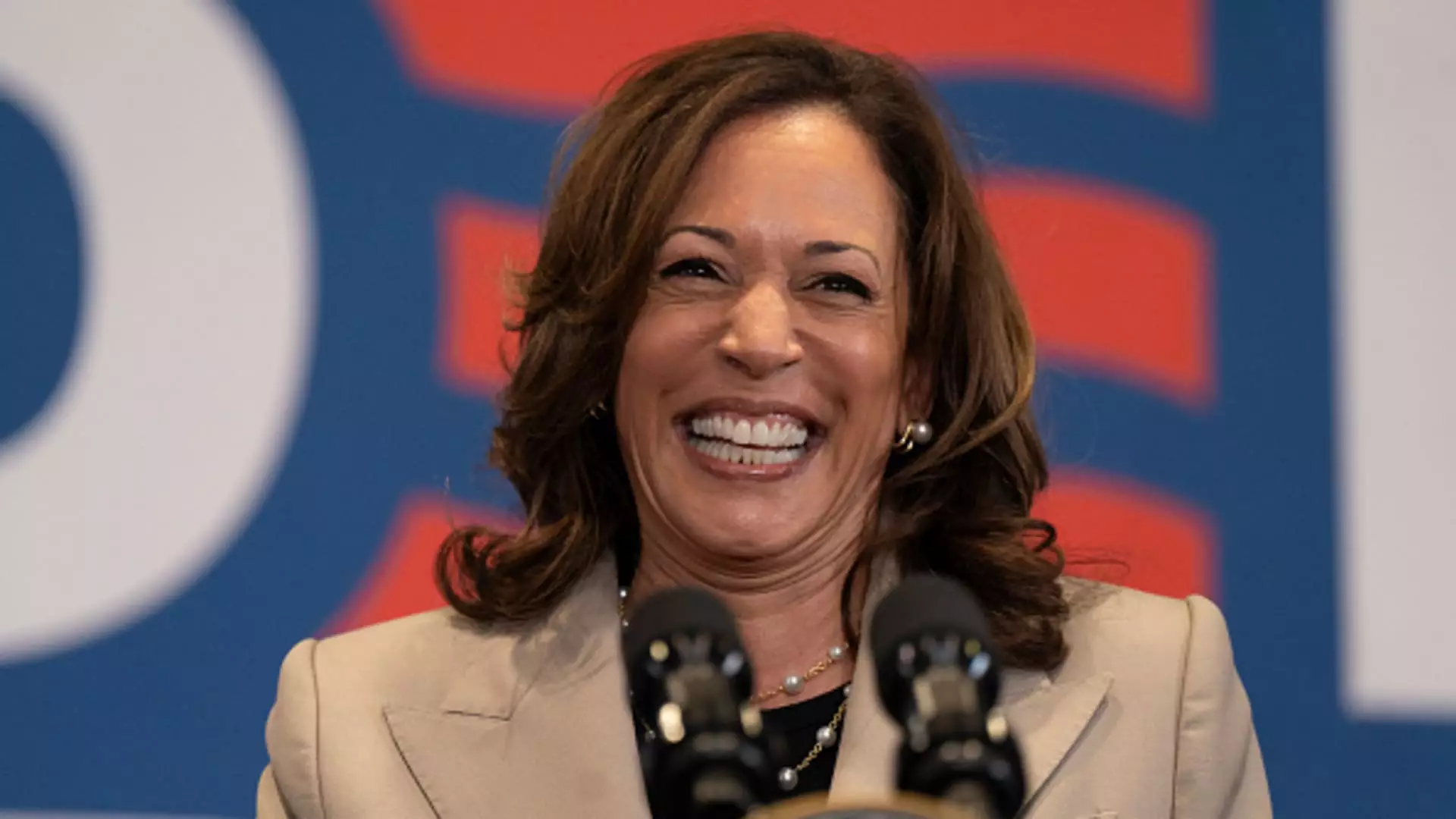With President Joe Biden stepping out of the election arena, all eyes are now on Vice President Kamala Harris as the potential frontrunner for the Democratic nomination. While Harris has not yet disclosed her economic agenda, experts predict that her tax policy proposals could mirror Biden’s, which emphasize higher taxes on the wealthy and corporations. Harris had previously shared many priorities with Biden during the 2020 presidential election campaign, but she also voiced some unique proposals before suspending her campaign in December 2019.
Potential Alignment with Biden’s Proposals
According to Garrett Watson, a senior policy analyst at the Tax Foundation, Harris is likely to be in agreement with most, if not all, of Biden’s tax policy agenda, especially in a broader context. If Harris were to become the Democratic nominee and draw on the infrastructure and staff established by the Biden campaign, she might find it challenging to deviate significantly from the course set by Biden.
Experts point out that crucial tax policy issues for Harris to tackle include the plethora of tax breaks scheduled to expire after 2025 and the federal budget deficit. The Tax Cuts and Jobs Act of 2017, signed into law by former President Donald Trump, introduced temporary changes such as lower federal income tax brackets, increased standard deductions, and enhanced child tax credits. While Trump advocates for extending these provisions fully, including deeper cuts to corporate taxes, Biden seeks to renew tax breaks solely for individuals earning less than $400,000 annually.
Key Questions and Pledge Alignment
One pivotal question revolves around whether Harris will uphold Biden’s commitment not to raise taxes on individuals earning less than $400,000. Andrew Lautz, associate director for the Bipartisan Policy Center’s economic policy program, emphasizes the importance of this pledge and its potential impact on future Democratic tax proposals and negotiations concerning the Tax Cuts and Jobs Act.
During her 2020 campaign, Harris proposed the LIFT the Middle Class Act, which aimed to provide a refundable tax credit of up to $3,000 for single filers and $6,000 for married couples filing jointly. In contrast, Biden and the Democrats have prioritized enhancing the child tax credit, with a recent expansion passed in the House. Watson suggests that this could also be a key focal point for Harris in the upcoming election.
Harris has highlighted the significance of redirecting tax benefits towards families, citing the child tax credit as an example of a policy that has reduced child poverty in the U.S. The American Rescue Plan raised the maximum tax break for children to $3,000 or $3,600 and initiated monthly payments to families. This initiative led to a notable decrease in the child poverty rate, demonstrating the potential impact of such tax provisions on social welfare.
However, following the expiration of pandemic relief measures, childhood poverty rates surged in 2022, underscoring the importance of sustained tax policies aimed at aiding vulnerable populations. As Harris prepares to outline her tax policy proposals and economic agenda, addressing the lingering effects of the pandemic on poverty and inequality will likely be a key challenge for her campaign.

